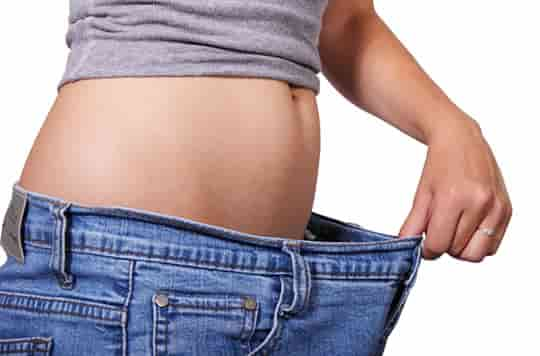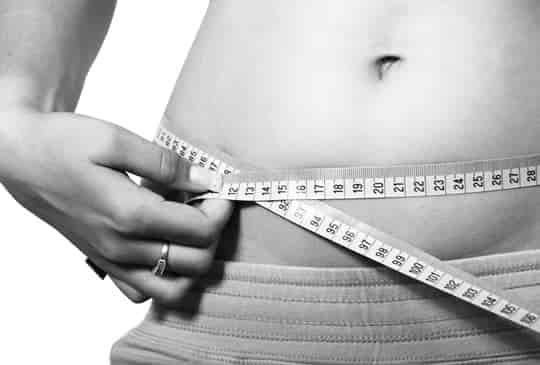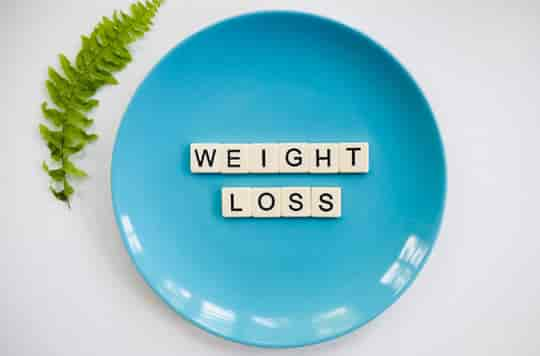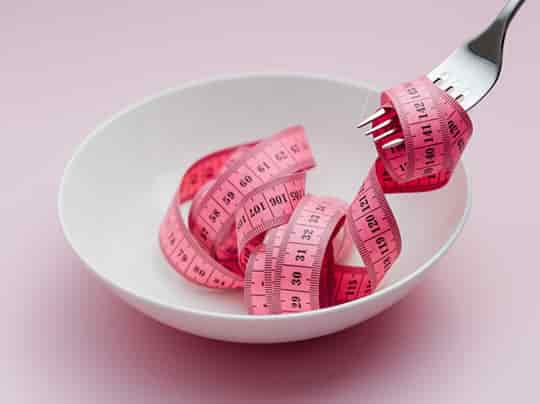People experience more success with personal goals like weight loss with this technique.
People lose more weight when they share their progress with others online, research finds.
The study shows the benefit of sharing both successes and failures with friends and followers on social media.
People who shared their progress online demonstrated more commitment to changing their eating habits, the study found.
Dr Tonya Williams Bradford, the study’s first author, said:
“Our research finds that individuals are more likely to realize success with personal goals when they make a public commitment to attaining them.
By sharing success and setbacks in virtual support communities on social media, we found people are achieving better results.
This works especially well with goals like weight loss, where before and after images can be shared online with other community members.”
The study followed a group of people who were trying to lose weight over four years.
The results showed that making a public commitment to weight loss made people more likely to follow through.
Dr Bradford explained:
“Through our research we found public commitment, which is a declaration of a position, increases the likelihood of compliance to a course of action and is a key part of a successful weight loss plan.
When people seeking to lose weight join a virtual support community and share their plans online to attain their goals, they invite members to join them by offering encouragement in both words and actions.
This exchange of online support facilitates adherence to the offline goal of losing weight.
Public accountability is key.”
The study was published in the journal Journal of Interactive Marketing (Bradford et al., 2017).








